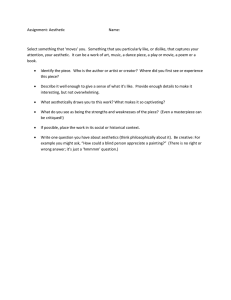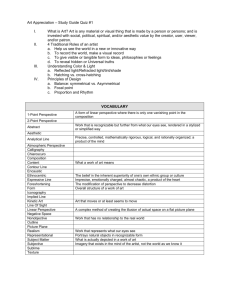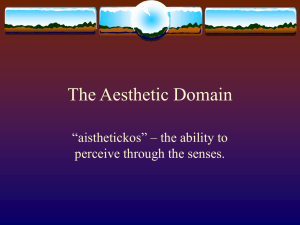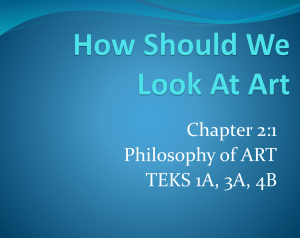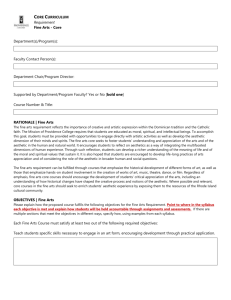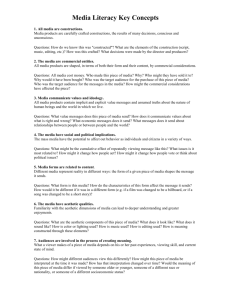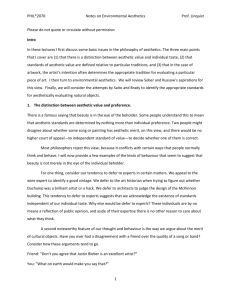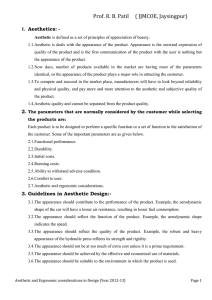Phil 2070 Weekly Assignment #4 Due in class (or
advertisement
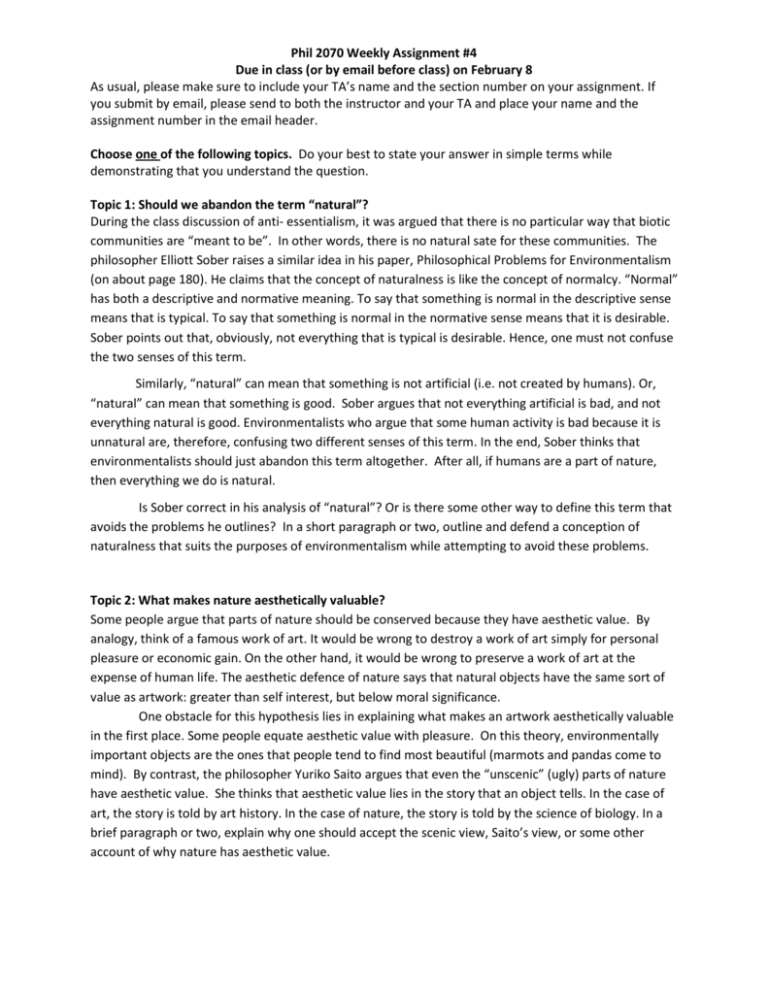
Phil 2070 Weekly Assignment #4 Due in class (or by email before class) on February 8 As usual, please make sure to include your TA’s name and the section number on your assignment. If you submit by email, please send to both the instructor and your TA and place your name and the assignment number in the email header. Choose one of the following topics. Do your best to state your answer in simple terms while demonstrating that you understand the question. Topic 1: Should we abandon the term “natural”? During the class discussion of anti- essentialism, it was argued that there is no particular way that biotic communities are “meant to be”. In other words, there is no natural sate for these communities. The philosopher Elliott Sober raises a similar idea in his paper, Philosophical Problems for Environmentalism (on about page 180). He claims that the concept of naturalness is like the concept of normalcy. “Normal” has both a descriptive and normative meaning. To say that something is normal in the descriptive sense means that is typical. To say that something is normal in the normative sense means that it is desirable. Sober points out that, obviously, not everything that is typical is desirable. Hence, one must not confuse the two senses of this term. Similarly, “natural” can mean that something is not artificial (i.e. not created by humans). Or, “natural” can mean that something is good. Sober argues that not everything artificial is bad, and not everything natural is good. Environmentalists who argue that some human activity is bad because it is unnatural are, therefore, confusing two different senses of this term. In the end, Sober thinks that environmentalists should just abandon this term altogether. After all, if humans are a part of nature, then everything we do is natural. Is Sober correct in his analysis of “natural”? Or is there some other way to define this term that avoids the problems he outlines? In a short paragraph or two, outline and defend a conception of naturalness that suits the purposes of environmentalism while attempting to avoid these problems. Topic 2: What makes nature aesthetically valuable? Some people argue that parts of nature should be conserved because they have aesthetic value. By analogy, think of a famous work of art. It would be wrong to destroy a work of art simply for personal pleasure or economic gain. On the other hand, it would be wrong to preserve a work of art at the expense of human life. The aesthetic defence of nature says that natural objects have the same sort of value as artwork: greater than self interest, but below moral significance. One obstacle for this hypothesis lies in explaining what makes an artwork aesthetically valuable in the first place. Some people equate aesthetic value with pleasure. On this theory, environmentally important objects are the ones that people tend to find most beautiful (marmots and pandas come to mind). By contrast, the philosopher Yuriko Saito argues that even the “unscenic” (ugly) parts of nature have aesthetic value. She thinks that aesthetic value lies in the story that an object tells. In the case of art, the story is told by art history. In the case of nature, the story is told by the science of biology. In a brief paragraph or two, explain why one should accept the scenic view, Saito’s view, or some other account of why nature has aesthetic value.
